Fiscal restraint? That’s so last-decade. Get ready for a new era of populist policies and bigger government, predicts political analyst Marko Papic. In this intriguing study, Papic argues neither for nor against any particular ideology. Rather, his job is to figure out the trends that are shaping policy – and investment portfolios. As a result of the shift away from small government and fiscal responsibility, Papic predicts that inflation and even stagflation could return as threats in the 2020s. While getAbstract never gives investment advice, it believes investors and political risk analysts will appreciate this forward-looking text.
Investors can’t afford to ignore politics.
In recent years, political decisions, realities and upheavals have roiled markets. The euro-area crisis of 2010 was one such example. In 2016, the Brexit vote and Donald Trump’s surprise presidential win further underscored the new dynamic. Investors and executives must be ready for sharp shifts in the political winds. This marks a change from the “Goldilocks” era that followed the Soviet Union’s collapse. In the 1990s, a period of globalization and American domination of the world combined to boost markets. Up until 2010, investors had little need to think about politics. The world had embraced free markets, low taxes and laissez-faire policies. No amount of political analysis would have changed that reality. Money managers could focus their attention on macroeconomics.
The ideological leanings of voters and politicians have changed. The Washington Consensus, guided by a political philosophy prescribing hands-off management of the economy, has been replaced by a decidedly more interventionist approach. Historians might see the 2020 coronavirus pandemic as the turning...









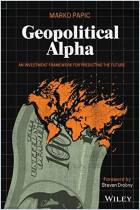

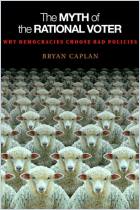
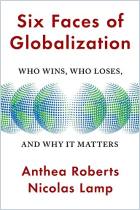

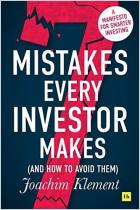






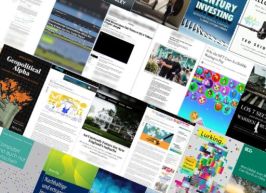




Comment on this summary or Start Discussion